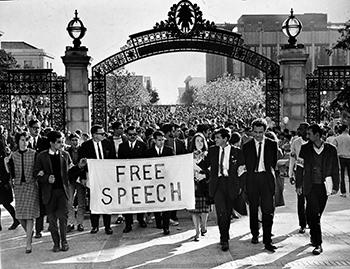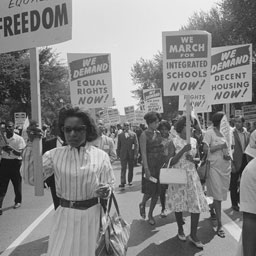
Timeline
Learn about the history that led to the problem today!

Learn about the history that led to the problem today!
It wasn't until the 20th century that Peruvians started to strive for their democratic rights. Politics in Peru have historically been governed by oligarchies, military administrations, and dictators, giving the population little to no freedom of expression.

It wasn't until 1993 that their new constitution guaranteed freedom of the press. Even though it is illegal to impede press freedom, journalists and reporters still experience intimidation and threats in the media sector.

Thanks to media freedom organizations, Peru's Congress passed a bill in 2011 that substituted jail time for defamation with fines and community service (Freedom House). A year later, in 2012, when the government adopted "a legislative decree denying the public access to any information related to national security and defense," things drastically declined in terms of freedom.

In 2008, the Peruvian government made physical attempts to shut down Tacna Radio Uno due to its interference with their political objectives. Protesters stood by the radio station as it resisted closure. In blatant violation of his fundamental right to freedom of expression, the radio station's director, Fernando Rondines, claimed that the government had forced him to stop criticizing it.

The National Association of Peruvian Journalists documented 132 instances of press freedom violations in 2012, including assaults, threats, and harassment as well as government and judicial pressure that prohibited journalists from performing their duties. According to Freedom House, it is particularly dangerous to talk about topics like drug trafficking, corruption and the squandering of public funds, as well as social unrest related to mining.

As a result of protracted political disputes between the president and Congress that began in 2017, Peru's classification was altered from Free to Partly Free. These conflicts have seriously slowed anti-corruption and governance activities, put the country's constitutional order under stress and led to an incorrect succession of four presidents in just three years.

The freedom of speech is still under pressure in Peru, and some journalists are facing lawsuits because of their work. A Catholic organization was accused of physically assaulting its members in late 2018, and the bishop of the northern district of Piura sued journalists for slander.

Press freedom is protected by law in Peru, yet the police often harass or physically harm photographers. Investigative journalism is still done on online media sites, despite the fact that social media is being used to deliver current news. Ongoing false information is present.
